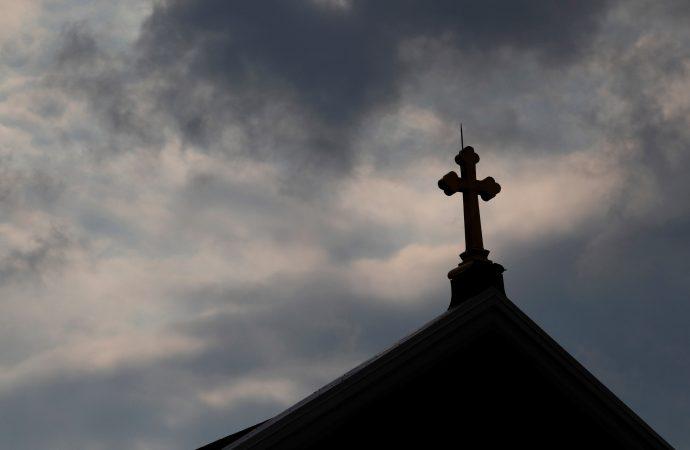|
Pittsburgh diocese gets barely passing report card on sex abuse response
By Charles Collins
On the second anniversary of the publication of the Pennsylvania Grand Jury Report into sexual abuse in several of the state’s Catholic dioceses, a grassroots organization in Pittsburgh has given the Church a barely passing grade in its handling of the report’s fallout. Pittsburgh was one of six dioceses covered in the 2018 report, which documented over 1,000 allegations of the sexual abuse of minors against over 300 priests since the 1940s. The grand jury report – coupled with the revelations that then-Cardinal Theodore McCarrick has been accused of child abuse and the sexual harassment of seminarians over decades – highlighted how much still needed to be done to combat sex abuse since it first hit the front pages after the Spotlight report in the Boston Globe in 2002. Catholics for Change in Our Church (CCOC), an independent organization of Pittsburgh Catholics seeking a greater role for the laity in the Church, issued a progress report on Friday provided grades for the efforts of the Church in nine categories, resulting in an overall grade of C-. “CCOC has been disappointed in the rate of change in the past year,” the report said. “We have been left to wonder: Why does the Church hierarchy, at a diocesan and a parish level, not welcome the help and support of talented and enthusiastic laypeople? A stark realization for us was the hollowing out of structures at the diocesan and parish levels,” it continued. The report noted that Pittsburgh Bishop David Zubik began meeting with representatives of CCOC every two months in the spring of 2019 but ended the practice after four meetings. “He explained the meetings would be on hold until the Future Search initiative was moved forward. Future Search is a process of reconciliation and planning used in South Africa after apartheid and Rwanda after its genocide. Unfortunately, Future Search was abandoned by Bishop Zubik in March 2020 after over a year of planning. Meetings with CCOC were not renewed,” the report said. The CCOC also complained that “clericalism seems alive and well” at both the diocesan and parish levels and claimed the process of decision making continues to be top-down, with little collaboration with independent laypeople. The organization also said that many of the laity seem trapped in clerical thinking as well. “Many lay Catholics have become apathetic. While they continue to participate in the Church (e.g. weekly Mass, funerals, weddings, confession, etc.), they are unengaged and don’t support the Church financially or by volunteering. Yet these laity who grew up in a clerical church and became accustomed to it continue to expect and look for changes and solutions from the diocese or clergy, not from themselves,” the report claims. The CCOC said over the past year, the victims of clerical sexual abuse and their families “seem to have been once again marginalized and forgotten by the diocese and parishes.” “Instead of lifting up those who have been hurt the most in the scandal, many in the Church, both the hierarchy and their lay defenders, seem to desire moving on for the sake of the Church,” the report said. “To CCOC, the attitude that declares the Church must move on from the clergy sex abuse scandal only deepens the wounds that still exist, in those who were abused and their families, and in the laity who do not feel the Church hierarchy and clergy fully understand the sense of betrayal and fundamental breach of trust caused by the scandal,” it continued. “As a result, the laity are still mourning. In the past year, the laity have still not seen the substantive and positive changes needed in our Church. In the next section of this report, we outline the progress or lack thereof in various areas where CCOC would like to see and help to achieve changes in our Church,” the report added. The CCOC graded the Diocese of Pittsburgh in nine areas, with Supporting Abuse Victims/Survivors and Their Families getting the highest grade, a B-. Five of the categories received a grade of D. The overall score was a C-. “For the last two years, our more than 1,000 members have spoken for many, maybe even the majority, of the Catholics still active in the Church in Pittsburgh,” said Kevin Hayes, the CCOC president. “The Church’s struggles with the abuse fallout have been worsened by the impact of the pandemic and economic crisis. Our statement and progress report demonstrate that the Church needs its lay members to help lead now more than ever,” Hayes added. Gretchen Jezerc,the vice president of CCOC., said there needs to be more “co-responsibility” in the Church going forward. “The change that’s needed will only happen if the laity both demand it and help do the work to get it done,” she said.
|
.
Any original material on these pages is copyright © BishopAccountability.org 2004. Reproduce freely with attribution.
